Getting to Know OER and the Affordable Learning Exchange
Today kicks off Open Education Week, a weeklong celebration of open education and its impact around the world.
Open education “combines the traditions of knowledge sharing and creation, with 21st century technology to create a vast pool of openly-shared educational resources,” according to openeducationweek.org.
The key part of this movement is the concept of “open.” Open licenses are not only built for sharing, but also remixing, which allows instructors to create personalized and effective course content.
Open Education at The Ohio State University
Affordability, access and excellence were named integral parts of President Drake’s 2020 Vision. One of the areas of focus within this collective is reducing students’ financial burden while maintaining the university’s high standards of education.
The Affordable Learning Exchange (or ALX) is the intersection at which excellence meets affordability. Launched in 2014, ALX funds and supports instructors who want to transform their course content through the adoption, adaptation or creation of open educational resources (OERs).
Why use open educational resources and tools? Using OERs can help address or even solve the issues instructors face in the classroom in a creative way. OERs can also lead to:
- Increased instructor engagement. How often do instructors require a textbook only to use bits and pieces of it? By incorporating open resources, instructors can control the content they want and need.
- Increased student engagement. An Ohio State student spends more than $1,000 per year on course materials. Mitigating those costs results in students delaying or forgoing purchasing textbooks. OER content is free, and allows students to be prepared on the first day of class.
- Collaboration and evolution. Adopting or adapting an OER can generate opportunities to collaborate with colleagues at Ohio State or at other institutions, leading to advances in the field.
OERs means Options
Incorporating OERs can be as simple or as complex as an instructor wants it to be. A few questions to ask when searching for materials:
- What are you looking for? OERs can take many forms, including (but not limited to) textbooks, study guides, video and quizzes. Instructors often don’t know exactly what they want until it’s found.
- How do you plan on using it? Incorporating OERs adds another layer of consideration during course design. Making sure a selected resource aligns with course objectives is crucial.
- What rights do I have to use it? Open doesn’t always mean it can be used without restriction. Even when using open resources, copyright laws still apply, and instructors should review creative commons license limitations.
ALX has the expertise and tools to walk alongside Ohio State instructors as they access relevant information, and create and properly use OERs. Questions can be sent to affordablelearning@osu.edu.
In the meantime, here are some resources available now:
The Discovery Series
ALX partners collaborated to produce a series of learning opportunities to help you discover benefits, opportunities and strategies to begin the process of moving toward open. Browse our topics below, and watch the recorded sessions to learn more.
Presented by Maria Scheid, Copyright Resources Center
Learn about open licenses, the types of works that may be protected by copyright, and the exclusive rights provided to copyright owners. Learn ways to legally use copyrighted content, and considerations for licensing your own work with Creative Commons.
Presented by Stephanie Rohdieck, UCAT

Learn how to identify open educational resources (OER) content for your courses. Develop strategies to effectively incorporate these resources and improve the learning experience for your students.
Presented by Ashley Miller and Tom Evans, ODEE
Learn about the open educational resources landscape, including where to find, evaluate, remix and reuse high-quality resources for your course. See publishing tools and strategies for going digital.
Presented by Danny Dotson and Aaron Olivera, University Libraries
Learn how to reduce student costs by incorporating library services and resources in your courses. Hear the benefits of working alongside a subject matter librarian to help identify content that aligns with student learning outcomes.
Peruse Course Materials
ALX has developed a robust list of open databases full of content of all types. From open textbooks to entire courses, instructors can find as little or as much as they want below.
Open Textbooks
Hundreds of high quality, openly licensed textbooks can be found, spanning many topics and disciplines. Use these links to begin exploring.
Open Courseware
Looking for an entire course, including lecture notes, syllabi, assignments, assessments, projects and more? Start here.
Learning Objects
Looking for individual objects, like lesson plans, modules, videos, and more? Browse these repositories to find a range of open content types.
Resources at Ohio State
Help give students access to information and classroom tools at no or greatly reduced cost with resources right here at Ohio State.
University Libraries
University Libraries is an important ALX partner, providing a number of services that give students access to the information they need without fees or direct costs. Find many examples and resources here.
Next up in ALX’s celebration of Open Education Week is “Affordable Learning: Strategies and Best Practices.” This workshop will feature several ALX grant recipients who will share their tips and tricks on using OER.








